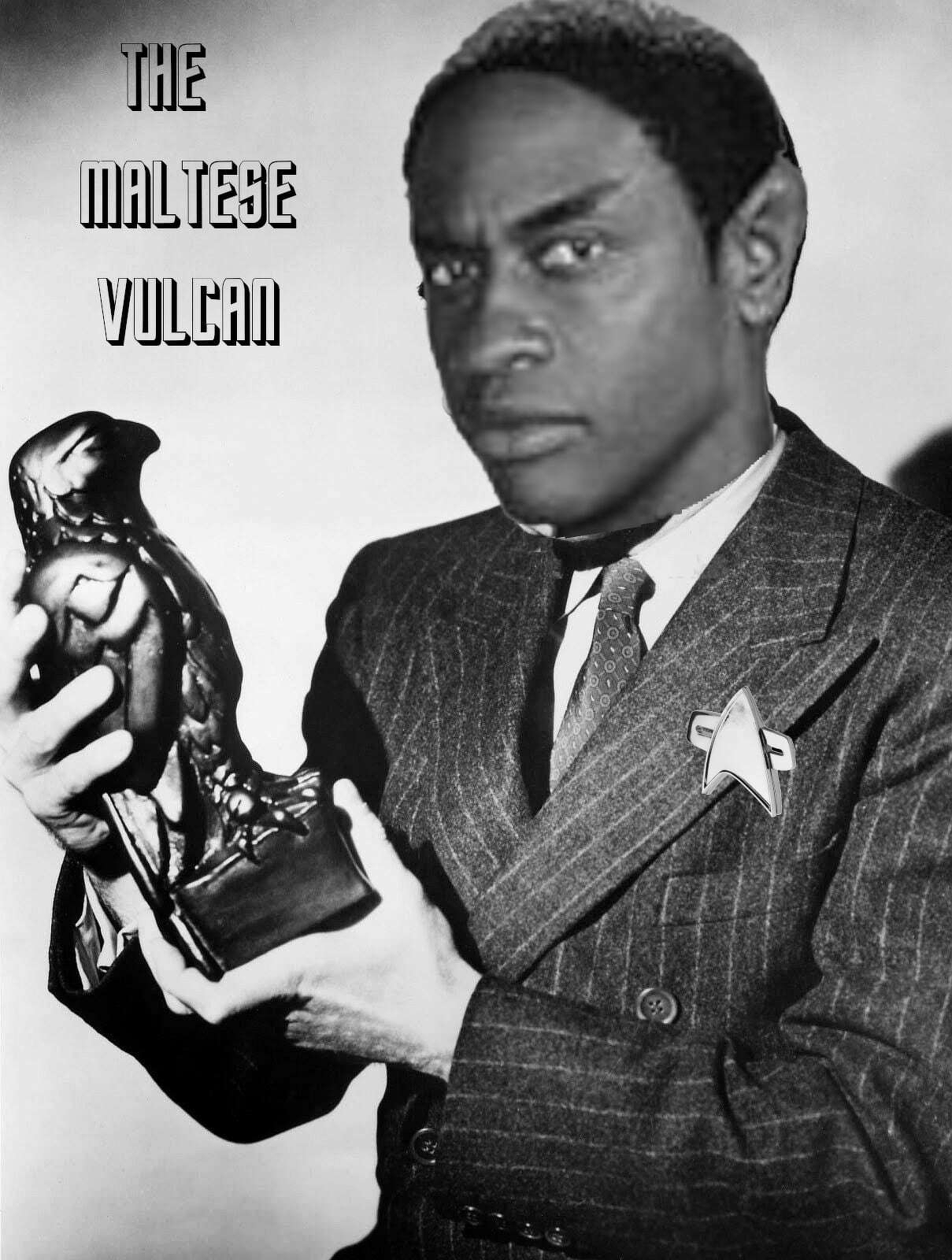I found out about the service perlego.com today. Its a text book subscription service and I am genuinley excited about it. I am also LIVID that no one has told me about it sooner.
I found out about the service perlego.com today. Its a text book subscription service and I am genuinley excited about it. I am also LIVID that no one has told me about it sooner.
1Password increased their price. This served as a reminder as to why subscription based tools are bad. I switched to Apple passwords in response.
I made a video about the Kagi Search engine, as something of a companion to my post. youtu.be/ZzDhTB88m…
After watching all the iTunes extras for Tron: Ares, I have decided that it is my third favourite Tron movie. I literally like them in the order they came out, with the original Tron being the best, to me. Though Tron Legacy has the best soundtrack of any movie ever.
Watched a Tron Ares, finally. Turns out, I really enjoyed it.
Once again, I am moved to say, loudly, that I adore Ulysses. It has been over a year since I found it, and I am still as amazed by it as I was on day one. It’s just the perfect balance between minimalism and features. With the addition of Vellum for final exporting, it’s just perfect. 💋
Kagi is a high-quality, ad-free search engine that offers an excellent user experience for a monthly fee.
YouTube videos about iPads are often misleading and unhelpful, as content creators provide misguided advice despite having minimal real-world usage of the device.
I need a case to put my arcade stick in, when I’m not using it. You don’t think about the cost of storage when you buy an arcade toy. Maybe this is an important lesson about minimalism.
I have a lot on this evening, but im hoping I find time to watch Plan 9 from Outer Space. Not entirely sure why I have the urge to watch this every couple of years but i always enjoy it. If enjoy is the right word.
With all the discord nonsense recently, I find myself looking for an alternative, to have in th back pocket, just incase. Sad that we have reached this point tbh.
I just found out about candle powered lava lamps. This may have changed my life.
Logos Bible software has been great. I really wish I had embraced it sooner. Over the last couple of months it has overcome all my reservations and now I think it’s fab.
I just found the Maltese Vulkan in an unrelated folder on my Mac. Thought I would share it… again. Why? Because it made me lol.

If you use Apple Reminders, this app is fantastic apps.apple.com/app/id985…
Try Everything, the Sharkira song from the movie Zootopia is the single most confusing emotional trigger I have ever encountered. Literally punches me in the feels every darn time! youtu.be/c6rP-YP4c…
I made a video about the new Apple Creative Studio. youtu.be/QM3XTH7-7…
I think there’s a pretty solid case that The Replacement Killers is the best action movie ever made
When I think back to my childhood there seem to have been many of those novelty undersized tiny books. You don’t see them any more and I’m not sure you could recreate the experience with a tiny pdf.
Busy with work and winter fatigue, the author shares a January update on their recent activities, including reading Harry Potter, gaming, and adapting to a new streaming approach.